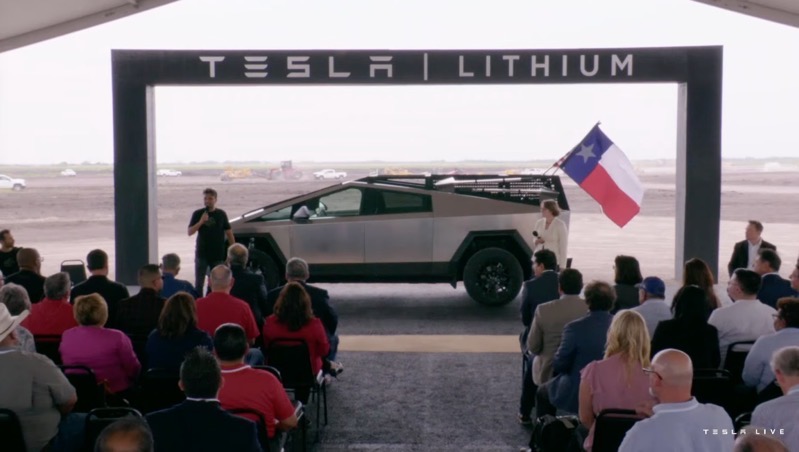
Piedmont Lithium’s Proposed Mine for Tesla Faces Opposition

Piedmont Lithium’s plans to open a lithium mine in North Carolina, intended to supply Tesla with electric vehicle battery metals, faced considerable skepticism and displeasure at a crucial public meeting on Tuesday.
If approved, this open-pit mine would be among the few lithium producers in the U.S. Yet, the company has struggled for over two years to obtain the necessary approvals, reports Reuters.
The Gaston County Board of Commissioners, responsible for zoning alterations, expressed their annoyance at the absence of Piedmont CEO, Keith Phillips, from the meeting. A primary concern voiced by officials was the potential drying up of local wells, which many residents depend upon.
Although Piedmont reassured that widespread drying was unlikely, they did acknowledge that up to 10 neighboring areas might experience water shortages. In response, Commissioner Allen Fraley emphasized the gravity of such an outcome, asking, “How would you like to wake up one morning and your well’s dry?”
Piedmont responded to these concerns, expressing willingness to assist affected neighbors by deepening their wells or connecting them to municipal water sources. Instead of the CEO, the company had sent staff specialized in environmental, legal, and various technical domains.
The project has caused divisions in Gaston County, highlighting a larger U.S. issue: the tension between those opposing local mines and those advocating for reduced U.S. reliance on foreign sources like China for essential minerals in light of climate change.
After initially striking a deal with Tesla in 2021, Piedmont faced delays and eventually renegotiated terms following a temporary arrangement with a Quebec lithium mine. For the North Carolina project to advance, the company requires a zoning variance to build an open-air pit and other production facilities. However, the board insists on a state mining permit first – a permit Piedmont has pursued for nearly two years.
Piedmont officials also addressed other concerns, including the possibility of the company being sold due to surging global lithium demand. They assured measures had been put in place to deter the company’s sale. Furthermore, the company proposed a more substantial surety bond than the state’s $1 million requirement for mine reclamation in case of project failure.
Locals, however, remain unconvinced. Many voiced opposition, citing lack of proper communication from Piedmont, which relocated its headquarters to Gaston County in 2021 from Australia. Warren Snowdon, a local resident whose property borders the proposed site, mentioned, “We’ve not heard from Piedmont Lithium in over two years. So I don’t know if they don’t care and I don’t know if they’re concerned about us.”

